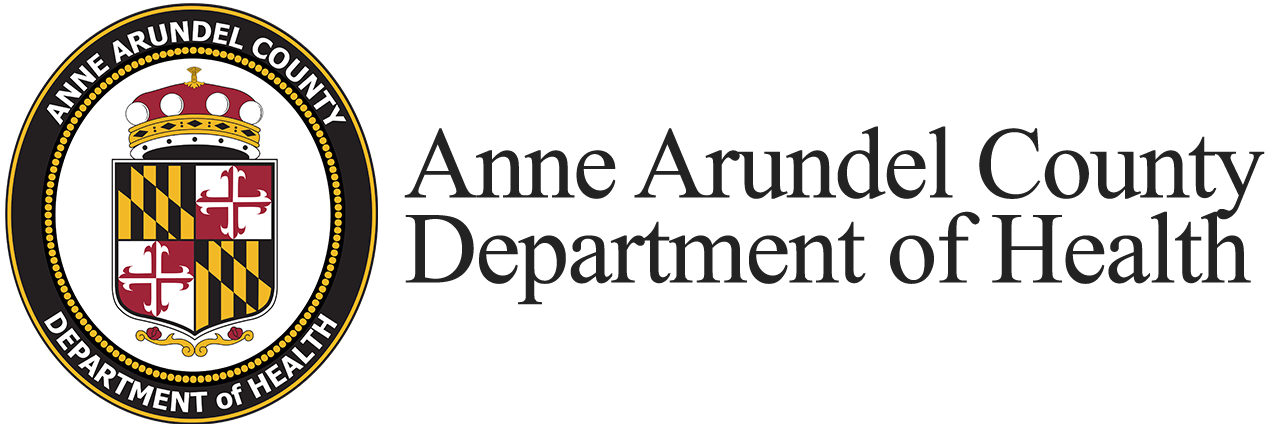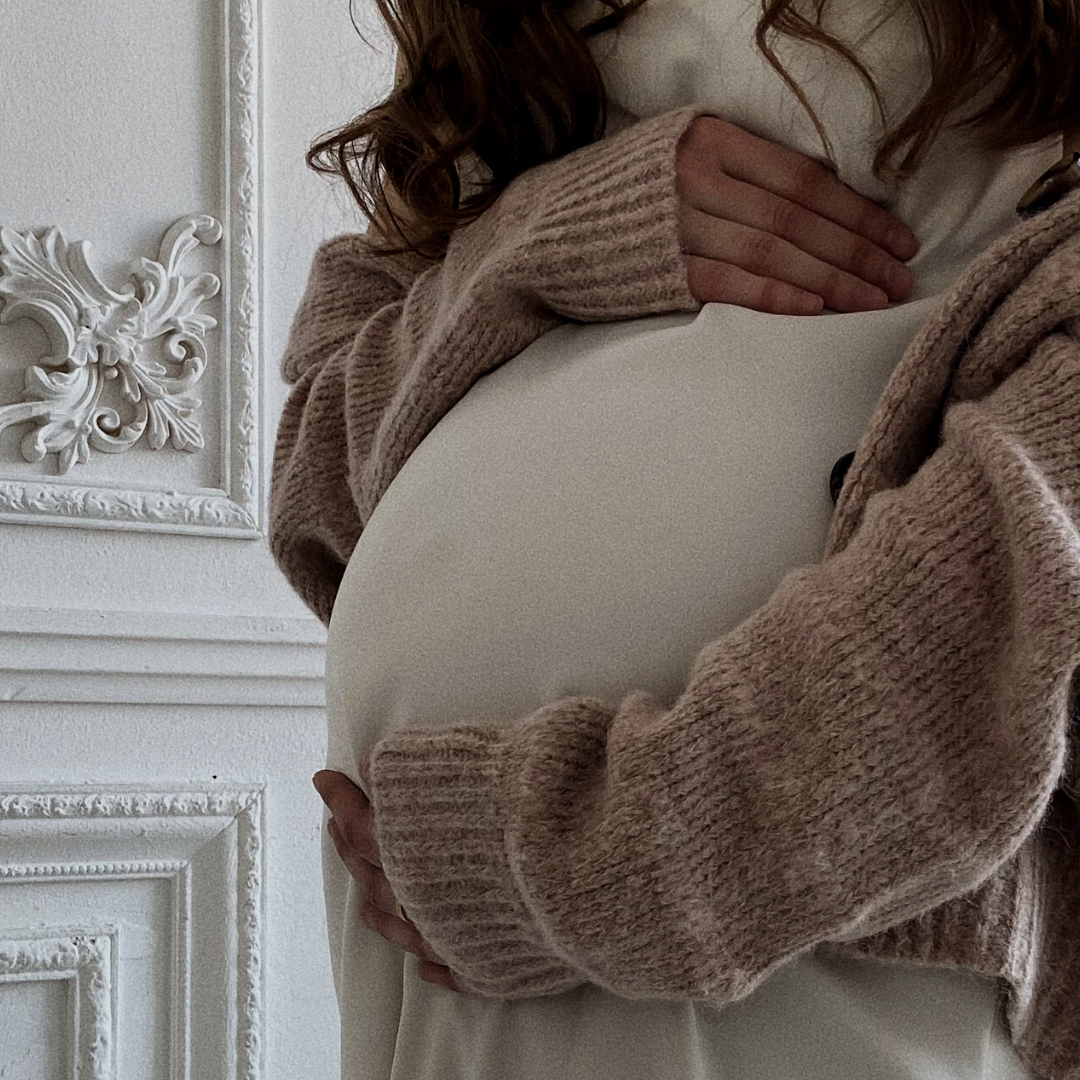A developing baby goes through important growth and development throughout pregnancy, including the final months and weeks. The brain, lungs and liver need the final weeks to develop. Babies born too early are at risk to having breathing problems, feeding difficulties, cerebral palsy, developmental delays, and vision and hearing problems.
There are certain factors that can increase the risk for preterm birth including delivering a premature baby in the past, being pregnant with multiples, tobacco use and substance use, and a short time (less than 18 months) in between pregnancies.
There are steps we can take to help reduce preterm births:
- Early screenings that identify risk factors
- Educate the patient, family and community about the risks of premature births
- Improve access to health care and the services that are available
- Closing the disparity gaps in preterm birth
What to do if you go into preterm labor
A baby that is born too early (before the 37th week of pregnancy) can have serious health problems. When a mother goes into labor too soon, it is called preterm labor.
Here is a list of the signs of labor. You may only have one or two of these signs.
- Contractions (belly tightens like a fist) 10 minutes apart or less
- Changes in vaginal discharge like bleeding or fluid leaking from your vagina
- Stomach cramps that feel like you have diarrhea or gas
- Cramps that feel like you are having your period
- Pelvic pressure or a feeling that the baby is pushing down
- A low, dull backache
If you think you are going into labor before 37 weeks:
- Drink 3–4 glasses of water or juice. Dehydration can sometimes cause contractions.
- Lie on your left side for one hour.
- Feel for contractions. Time how many minutes there are between contractions.
Call your provider right away if you have fluid leaking or bleeding from your vagina or if your symptoms don’t go away within one hour.
Healthy Babies Preterm Labor Information Card
Preterm Labor Facts
- Congenital syphilis can cause symptoms such as skin rashes, fever, an enlarged liver and spleen, and bone abnormalities in the infected baby. In severe cases, it can lead to stillbirth, premature birth, or serious developmental and neurological issues.
- Babies who are born premature or with low birth weight are 2 to 3 times more likely to die of SIDS or other sleep-related deaths. Safe Sleep for Babies
- In 2015, 233 babies were born to Anne Arundel County mothers ages 19 and under. Pregnant teens and their unborn babies have unique medical risks, including high blood pressure, low birth weight and premature birth. Tips for Teens: Things You Need To Know About Sex, Tobacco and Alcohol

